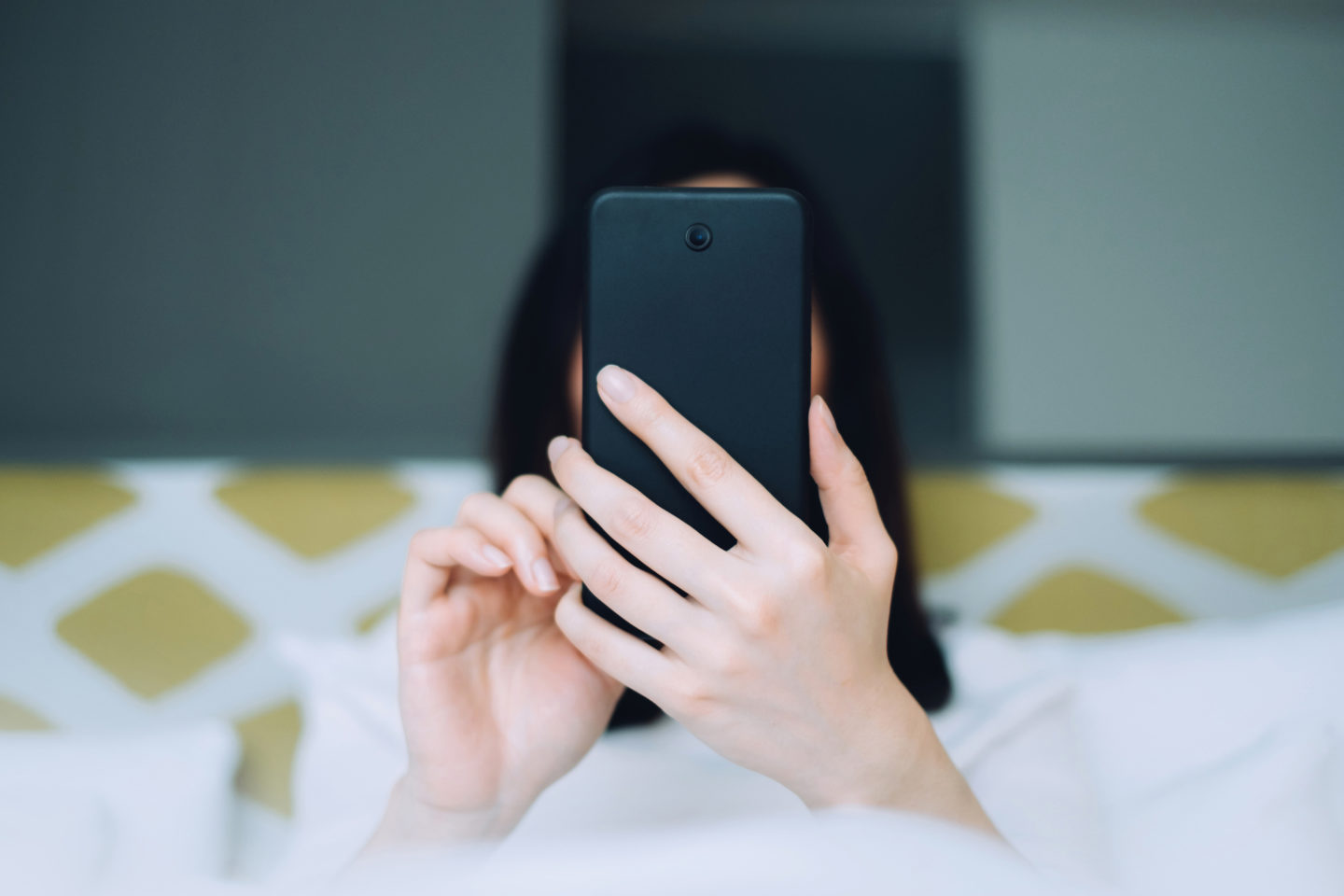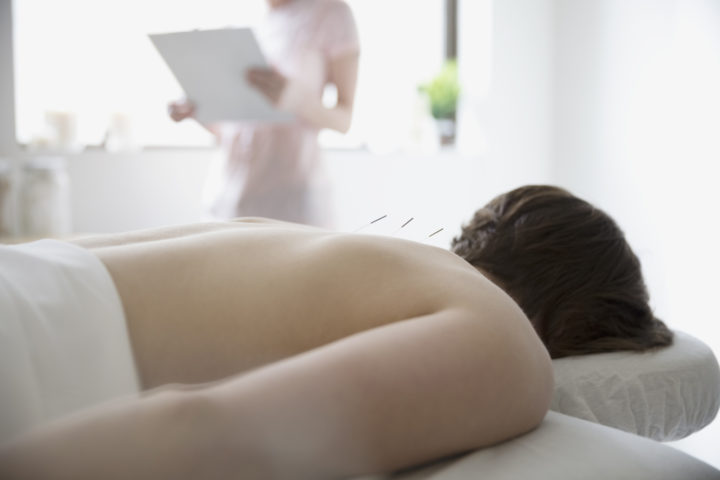Were you in 6th grade, or may 7th, when you teacher taught you own to masturbate? Did they explain what the anatomy of the vagina was, the nerves in the clitoris, and the varying ways to orgasm?
No, no. Of course not. For most sex education, the pleasure zone, and the discussion around masturbation lies in the hands of the “boys” or the group that have the penises. Even the “girls” group learns about wet dreams, ejaculation, their desires, their erections. Okay, but what about us? We are usually chewing our gum, looking at slides, and learning about pregnancy, STIs, which come along with a selection of scaremongering photographs.
But I also had a tingle in my stomach late at night.
I didn’t know anything about my vagina other than I was going to hit puberty soon, blood would occur in some form, and I would be in pain. That about wraps it up. Lucky for me, I’ve always been a Googler and I basically Googled my way into learning about masturbation (special thanks to Xanga, Porn, Myspace and eventually Tumblr). I can’t recall when I admitted to friends that I masturbated but I did know that for boys, it was common. They had erections in class. I barely even knew what the discharge in my panties meant. Girls, or women, masturbating was happening just like the sun rose every morning, but none of us were talking about it.
According to a Safe Home study, one in five women are lying to their significant other about their masturbation habits. The number reason for this is their insecurity with the topic. That means if young girls aren’t going to discuss it, and grown women won’t discuss it, when in the hell are we going to admit that yes—and hell yes—we are getting off solo-style.
Since we don’t learn it in school, we don’t see it much in television (think: the obvious attention of male masturbation in American Pie) and aren’t talking amongst our peers: how do women learn how to masturbate?
Rae*
“I remember watching a scene of American Pie where the boys find this book on how to eat out a girl, which proceeds a scene where you see one of the characters going down on Tara Reid, I was like, ‘hold up, what the hell is happening.’ Not long after seeing that scene, I must’ve been around eleven or so at the time, I started exploring solo masturbation,” says Rae* They admit, their sex education experience was stifling and their guardians didn’t discuss sex much, either.
They explain, “I think because there is so much fear that young people are reckless, they teach us to be afraid of our own bodies.” “It wasn’t until I started exploring queerness more thoroughly in college and out of college, that I started to grasp the importance of pleasure as power vs something to be ashamed of.”
A survey in India found that 92 percent of 18 to 24 year olds had seen porn online. Moreover, 84 percent of women had watched porn online. With PornHub having 1.3 billion visits per month, porn is rapidly becoming the new age of sex education.
“I didn’t start watching porn until college,” says Rae.* “I think having my own computer and my own privacy really helped me explore more comfortably. What I love about porn is that sometimes I don’t want to be forced to leave arousal up to my own imagination. Sometimes it’s nice to see something online and not have to see that person in real life.” Rae* says, “Porn is also a cool place to explore kinks you didn’t know you had before.”
Porn is also a way for people to understand how their body can function. Camming websites where many models preform alone or solo exemplify the benefits of masturbation and how to use toys.
For Rae,* they never saw masturbating as a negative action. They tell me, “solo masturbation to me is definitely lumped together with other elements of self-care that are vital to my mental health.” Rae isn’t alone in this evidence. Masturbation does so much more: it prevents cervical infections, improves cardiovascular health, prevents insomnia and releases tension, and it increases pelvic floor strength. In addition to all of the mental health benefits that comes with reaching a climax.
As for our current state of sex education, Rae* thinks things can be improved. ” Rae* sees sex education as “exploring preventative, safe measures” and says that’s “where our heads need to be in the future.” They continue, “I think a sex-ed teacher should be well-rounded, sensitive, and comfortable with their own body and sexuality, that way the time spent in class would be more productive and there’s a higher chance that information would be retained.”
Rachael
“I think I was 12 or 13 and realized that when I was riding horses the friction felt good,” says Rachael. “I was mainly just curious about something my parents didn’t want me to do,” explains Rachael who recalls first seeing porn when she was 12.
Rachael explains to me that although she had comprehensive sex education she “definitely didn’t learn about anything that resembled masturbation or female orgasms.” She says, “it was very penis focused.”
“I look back at it like my relationship with skateboarding, it was something people were surprised to learn about me, and I knew I was better at it than the boys (probably) were,” says Rachael.
Rebel Circus says that masturbating, and men being intrigued by women masturbating, has to do with mystique. Masturbation is a private act and a partner’s curiosity is peaked when they see they are SO pleasuring themselves (I even wrote about partnered masturbation once because I get the appeal).
In a Mel Magazine article about male masturbation, the writer says, “Is it any wonder then that boys and men who were forced to teach themselves about sex and pleasure might later become problematic for their partners? Whether it’s negligently attending to their partners’ pleasure, or misunderstanding what is and isn’t consent. Or more subtly, the selfish desire to use one’s partner simply as a means of pleasure — kinda like masturbating with their body.”
Of course, this rings true. So then, how does it hurt women, when they were not raised or exposed to masturbation, or female orgasms, and how does it effect their understanding of their body in the future?
Rachael says, “I think if I had done more experimenting with myself it could’ve avoided bad and really boring sexual experiences.”
Ali
Peggy Orenstein published the book, Girls & Sex: Navigating the Complicated New Landscape where she looks at high-school and college-aged girls and the topics of orgasms, sex, sexting, pubic hair, and other avenues. She writes that, “It sometimes struck me that we’d performed the psychological equivalent of a clitoridectomy on our daughters: as if we believed, somehow, that by hiding the truth from them (that sex, including oral sex and masturbation, can and should feel fabulous) that they won’t find out, and so will stay ‘pure.’”
Ali says that these feelings of doing something wrong were definitely running rampant as she went to Catholic school. “I probably didn’t actively look at porn until adulthood,” says Ali. She continues, “I 100% saw masturbation negatively, not as a judgement or critique of anyone else, only myself. The first few times I masturbated to climax, I felt an immense level of guilt.”
During her experiences with sex education, “They split the boys and girls up. It was essentially discussing anatomy. No discussion of sex, only abstinence, and absolutely no mention of masturbation whatsoever,” she says to me.
Masturbation, and sex, are so vital to understanding adulthood, to understanding pleasure and desire. Solo-acts create a way for you to discover the clitoris and for you to introduce the clitoris to your partner and guide them into the movements of what you love (remember, not every clitoris wants you to touch it the same way).
“I learned about masturbation and more about sex education through my mother sitting me down, thankfully, but that doesn’t seem to be the norm,” explains Ali.
So, what is the norm? A solo act is mostly going at it alone, something that doesn’t require a handbook or a guidebook. It’s some trial and error. It’s a bit of fumbling and researching and being left in the dark. It’s a lot of experimentation and sometimes, it takes us our whole lives to figure out.
COURTESY OF GETTYIMAGES




comments